Dačić on organized crime groups
Interior Minister Ivica Dačić says that there are some 30 to 40 crime groups operating in Serbia, but that evidence is needed to arrest their members.
Wednesday, 21.01.2009.
10:37

Interior Minister Ivica Dacic says that there are some 30 to 40 crime groups operating in Serbia, but that evidence is needed to arrest their members. Dacic told daily Pres that this estimate was based on information from the security services, adding though that not all of that could be corroborated, and that it was unclear how big these crime group were. Dacic on organized crime groups He added that these figures did not include all groups that had more than three people involved, but only those that had a larger impact and committed more serious crimes such as drug and arms dealing, human trafficking, and classic crimes like murder and robbery. “Maybe it sounds pretentious, but the Interior Ministry and the services know everything. We have a complete insight into the underground. Ordinary people will ask why we are not arresting them. That is because we do not have all the necessary evidence,” Dacic said, adding that the crime groups in Belgrade were the most powerful. The minister said that crime groups in the Yugoslav former republics still carried considerable sway, and that Serbian gangs worked most closely with their Montenegrin counterparts. “We will present police data on organized crime at the National Security Council meeting and ask the state to stand firmly behind the police in a universal crackdown on the mafia. We cannot combat organized crime successfully without the full backing of the state,” Dacic underlined. He said that organized crime groups were evidently laughing in the whole country's face, which is why tackling it must be a state project. Ivica Dacic (FoNet, archive)
Dačić on organized crime groups
He added that these figures did not include all groups that had more than three people involved, but only those that had a larger impact and committed more serious crimes such as drug and arms dealing, human trafficking, and classic crimes like murder and robbery.“Maybe it sounds pretentious, but the Interior Ministry and the services know everything. We have a complete insight into the underground. Ordinary people will ask why we are not arresting them. That is because we do not have all the necessary evidence,” Dačić said, adding that the crime groups in Belgrade were the most powerful.
The minister said that crime groups in the Yugoslav former republics still carried considerable sway, and that Serbian gangs worked most closely with their Montenegrin counterparts.
“We will present police data on organized crime at the National Security Council meeting and ask the state to stand firmly behind the police in a universal crackdown on the mafia. We cannot combat organized crime successfully without the full backing of the state,” Dačić underlined.
He said that organized crime groups were evidently laughing in the whole country's face, which is why tackling it must be a state project.










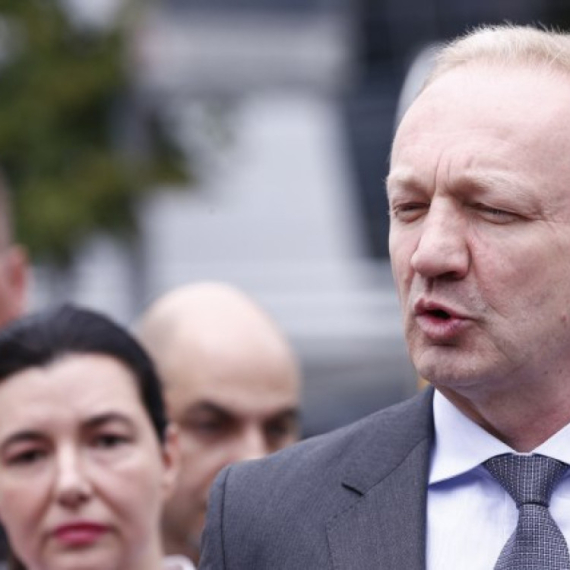









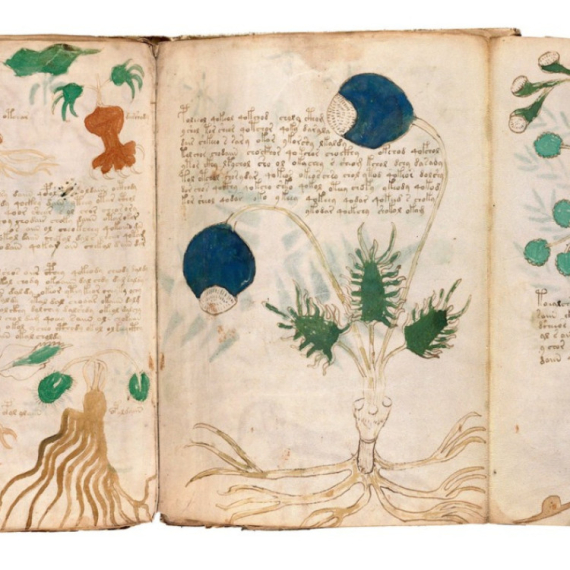



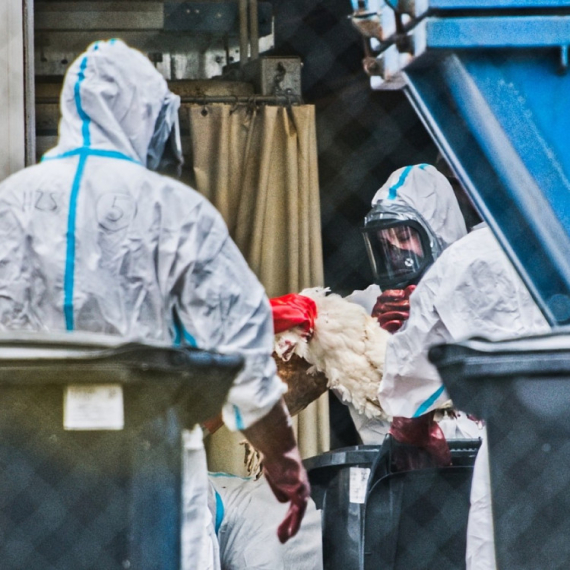













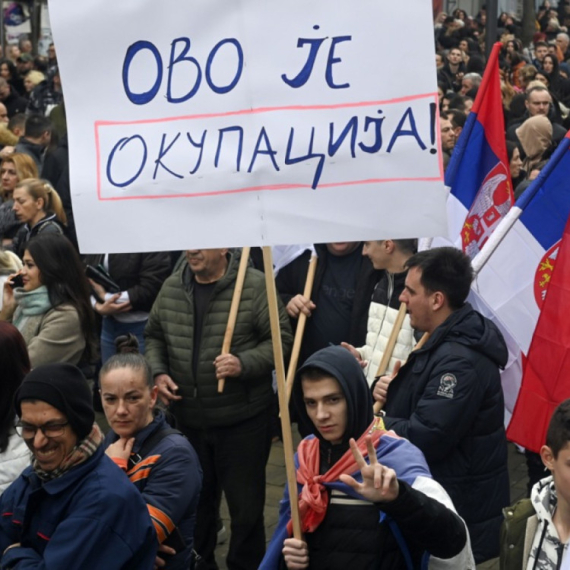
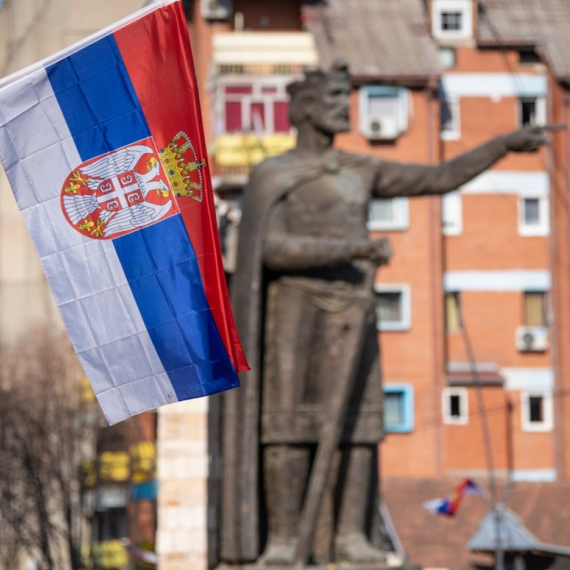
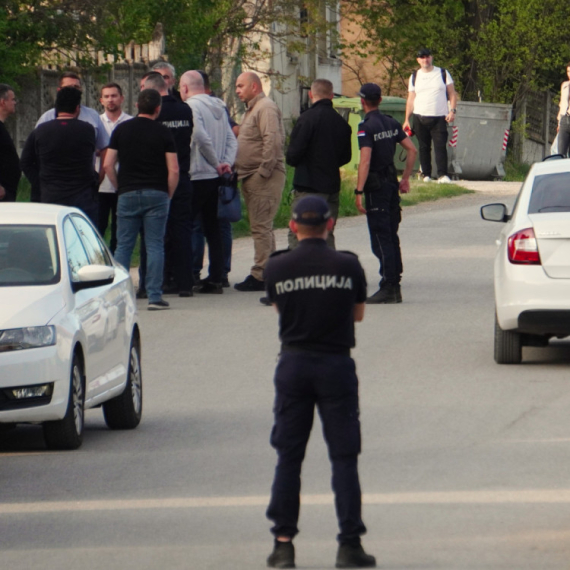





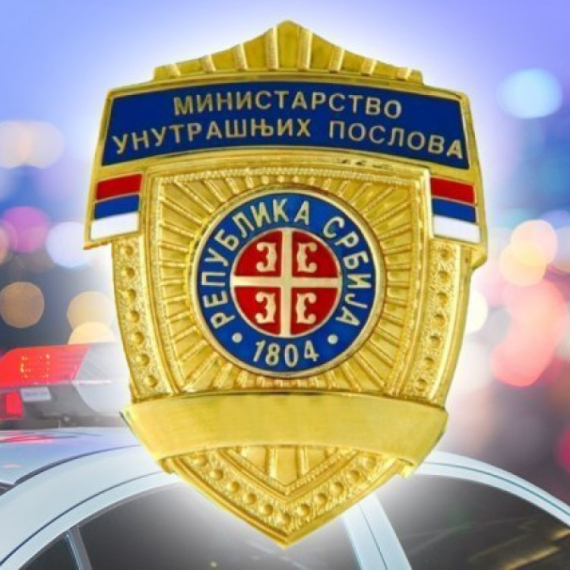




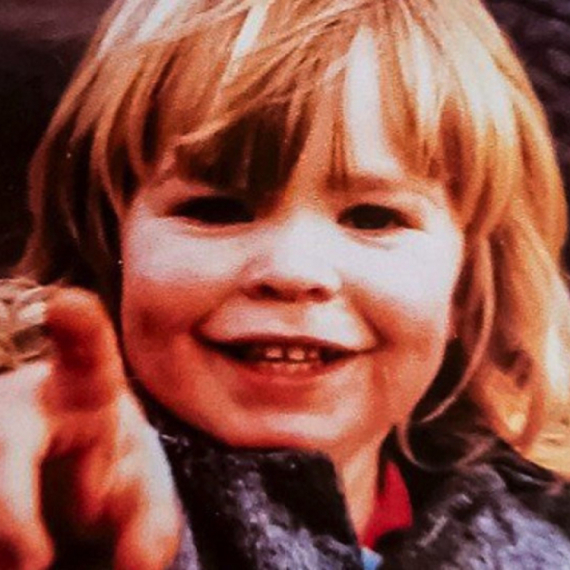
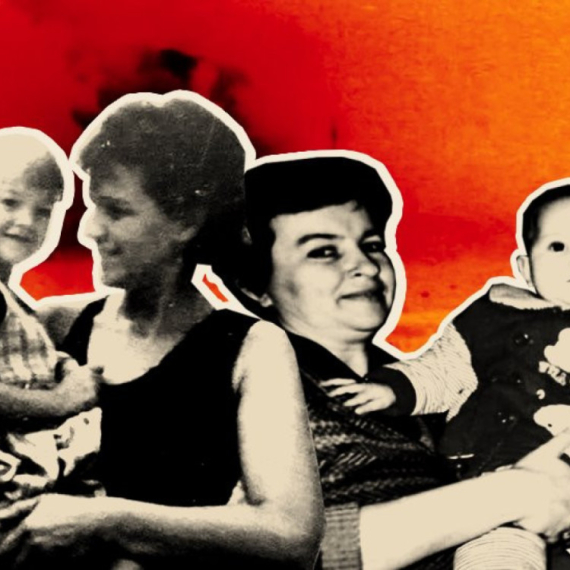




Komentari 1
Pogledaj komentare